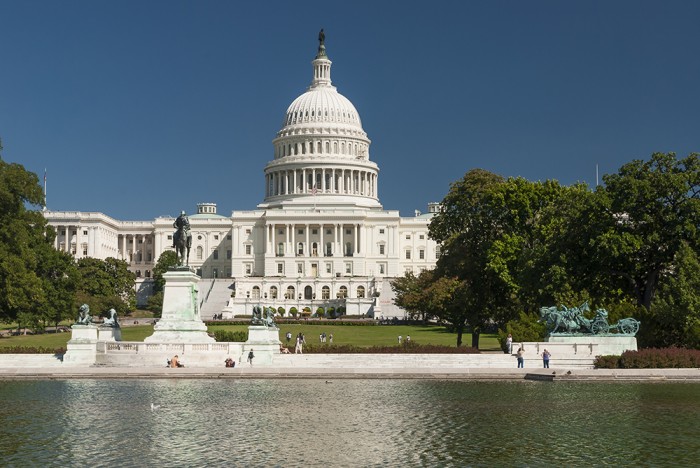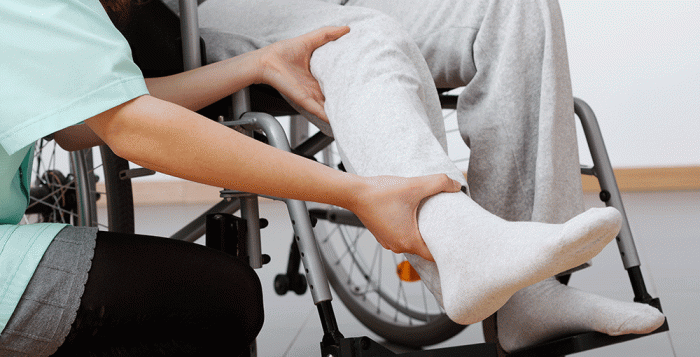On March 6, 2020, the Centers for Medicare and Medicaid Services (CMS) issued Frequently Asked Questions (FAQs) for health care providers, regarding Medicare payment for laboratory tests and other services associated with the 2019-Novel Coronavirus (COVID-19). Some of the information included in this FAQ document includes:
- Guidance on how to bill and receive payment for testing patients at risk of COVID-19;
- Details of Medicare’s payment policies for laboratory and diagnostic services, drugs, and vaccines under Medicare Part B, ambulance services, and other medical services delivered by physicians, hospitals, and facilities accepting government resources; and
- Information on billing for telehealth or in-home provider services.
For additional up-to-date information on the COVID-19, please refer to CMS’ Current Emergencies web page.















